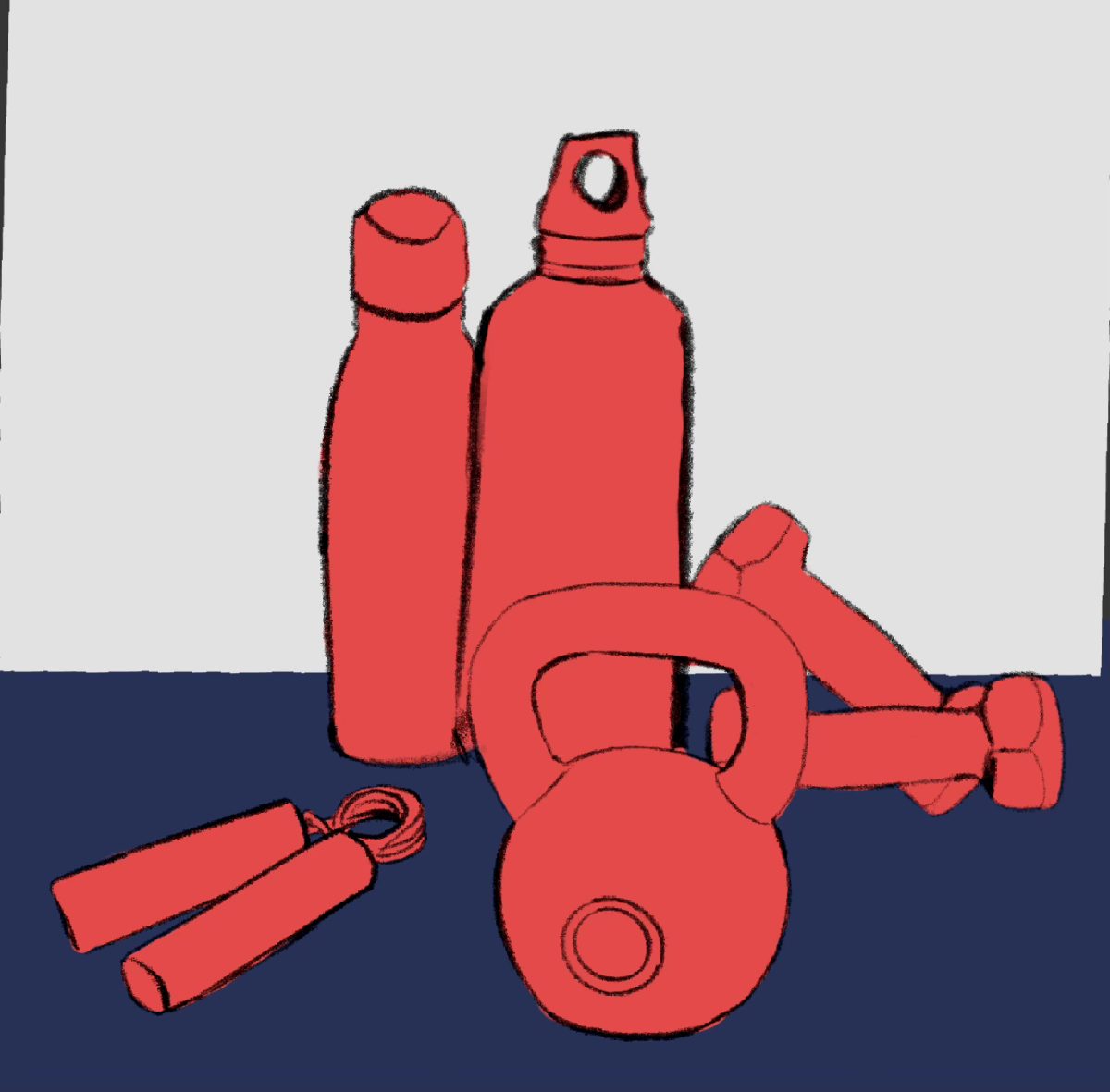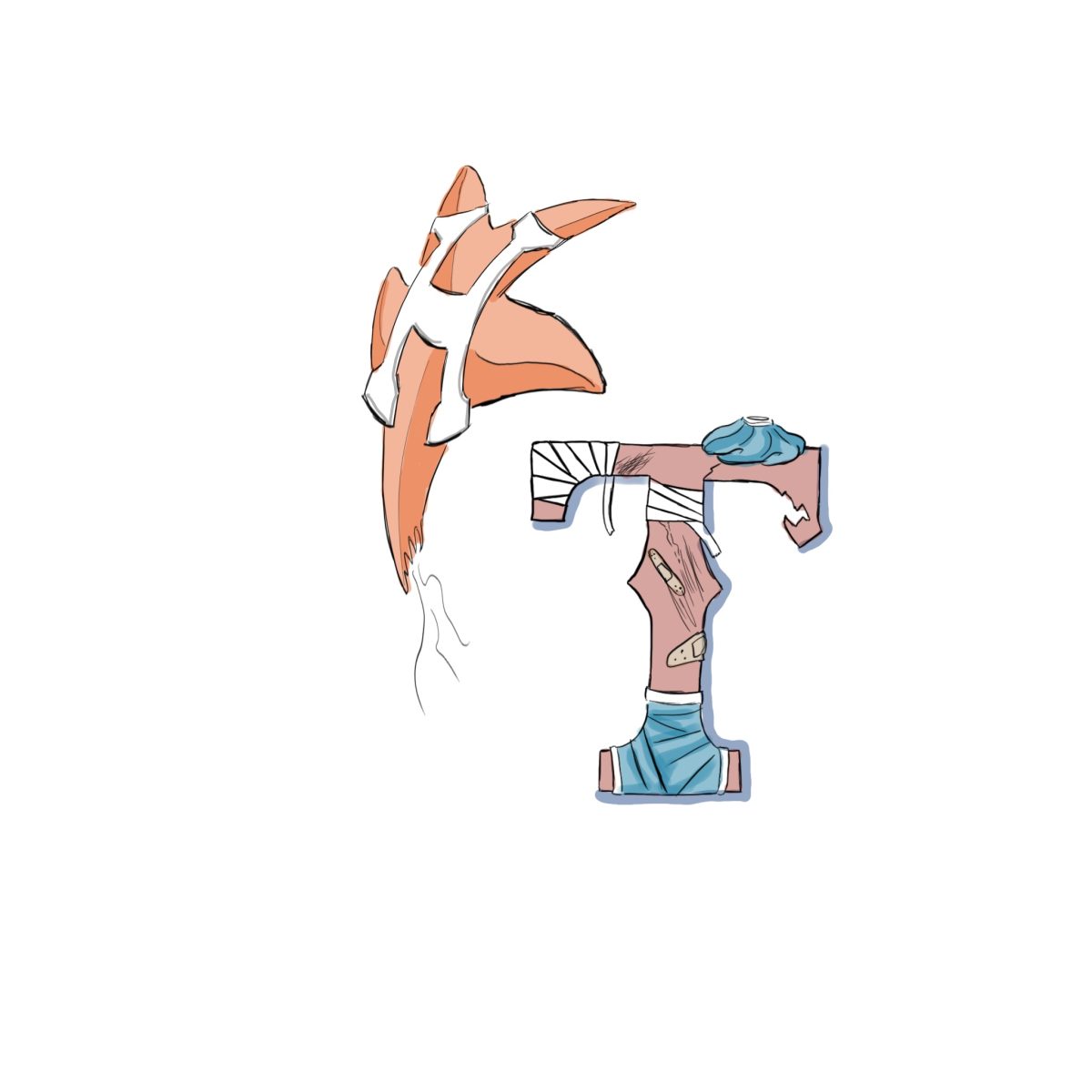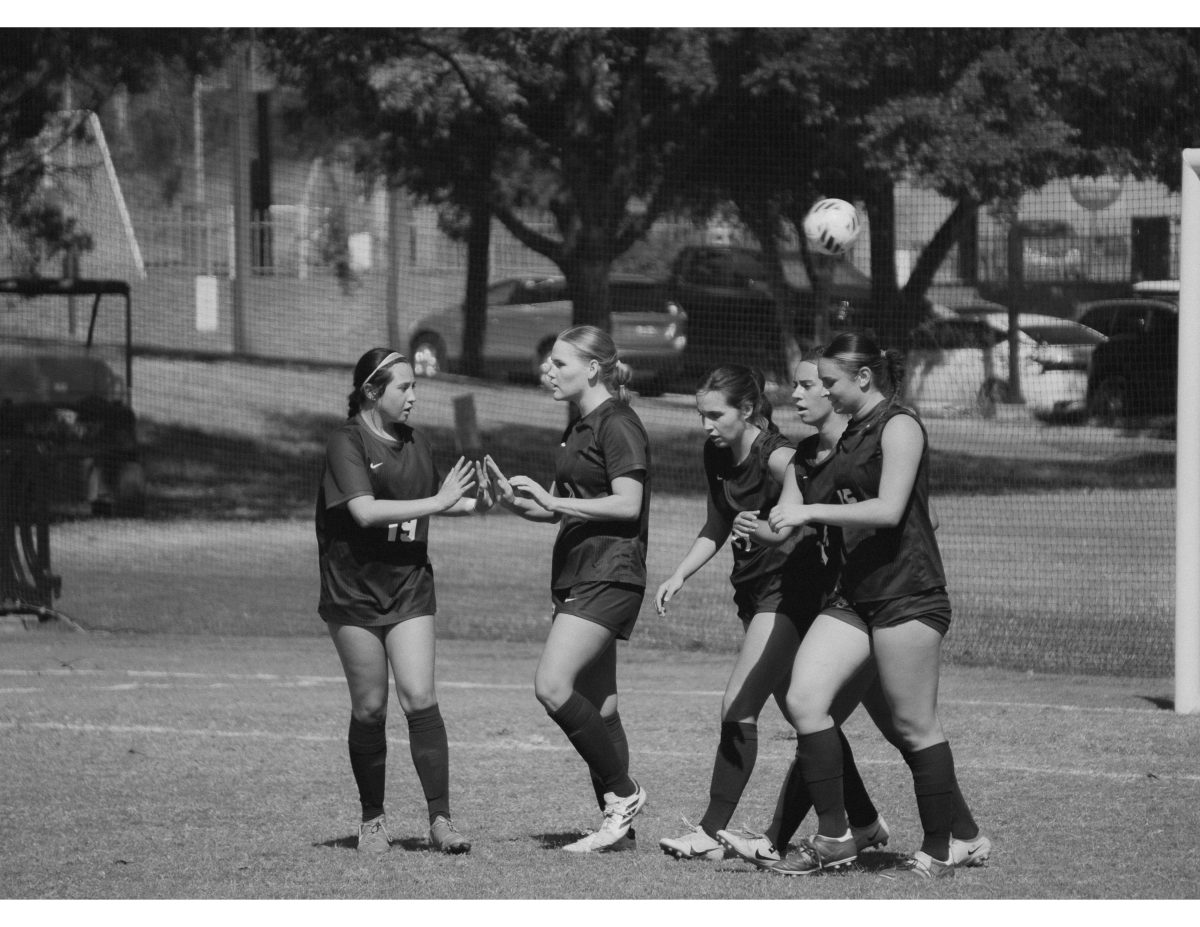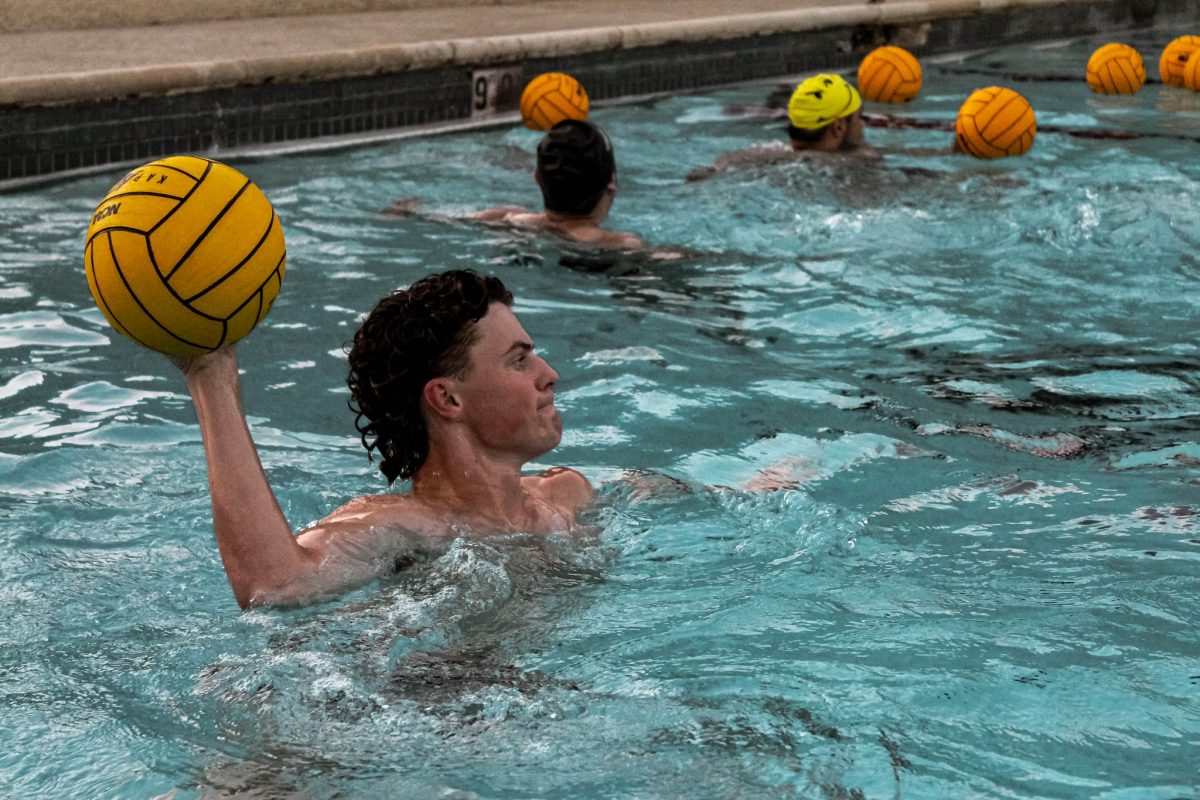I started watching soccer when I started playing in eighth grade. The game was confusing and long, but one thing I noticed beyond the game is just how many ads there were all over the stadium and on the players’ shirts. The mark of business and advertisement was everywhere, and that was just the beginning.
I, myself, have never seen $425,000 but I imagine that it is an insane amount of money. Now imagine making that once a week for playing a game.
That is the reality of athletes playing in the Chinese Soccer League, specifically Ezequiel Lavezzi. While a good player in his time at Paris Saint-Germain, he was in no way a player I could see making that kind of money.
To put that in perspective, according to Business Insider, the average American makes $51,000 dollars a year. Lavezzi in one week, as a soccer player, makes eight times what others make in a year.
The insanity doesn’t stop there. In the summer of 2017, the aforementioned Paris Saint-German (PSG) soccer team bought Brazilian soccer superstar Neymar for an appalling $263 million. The spending didn’t stop; that very summer PSG also signed a deal for another superstar – French forward Kylian Mbappe – for $210 million.
PSG is owned by Qatari businessman Nasser Al-Khelaifi, an ex-profesional tennis player who is now the chairman of massive media group beIN Media Group and the Qatar Sports Investment firm, a Qatar-sponsored company created to invest in sports to bolster Qatar’s holdings.
In addition to this resume, Al-Khelaifi is good friends also with the Emir of Qatar, Sheikh Tamim. Sheikh Tamim made Al-Khelaifia minister without portfolio, which means he holds the power of an elected official but has no specific task within the government.
To sum this up, a sporting team is owned by an incredibly wealthy, business-owning politician who is close with the Emir of Qatar and is the chairman of a state-funded investment group.
In other words, he has a blank check to create the most dominant and powerful sporting conglomerate in not only France, but also world football.
Why does this matter? Why have I gone on about PSG and the Chinese Soccer League? Because they are representative of a greater problem within sports; that money and business have become the main object of the teams.
The players are just faces of multi-billion dollar franchises that only care about growing their empire and winning trophies.
At first glance this seems like what all sports teams want, funding and trophies. Yet what is left to the wayside is fans. They don’t matter in this capitalistic equation.
It doesn’t matter how much the PSG fans cheer at the games or how much they defend their clubs legitimacy in French sports bars. What matters is if they buy jerseys. Manchester United, one of the most valuable sports teams on earth at $4.9 billion, cares not of how much the faithful Reds scream on the terraces of Old Trafford (Manchester United’s stadium); they want them to buy season tickets, jerseys for the whole family and continue to do that for seasons to come.
It’s not about the fans anymore, it’s about the money. It’s about getting lucrative business partnerships or getting owners to buy the team who have access to one of the world’s wealthiest wealth funds.
It has become bigger than just a fan’s game and that begs the question of why would one root for a team if that team doesn’t care about them?
I don’t really have an answer to that. I, at times, find it hard to root for my team, Everton, who also has been infected by big money.
They have lost who they used to be and instead are another example of how soccer has become a business to the teams, not a passion or a love.
This problem doesn’t have a visible ending; money and business have entered nearly all aspects of life.
But this doesn’t stop me from loving to watch soccer games with my dad or watching my sister play soccer or hearing about my cousin playing for his team.
While larger sports may have been consumed by money, it has yet to reach my cousin’s youth league games, and I’d like to think that my endless cheering on the sidelines does help him win the game. So, there is some hope.








